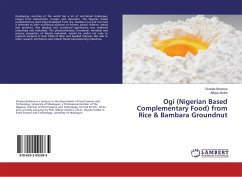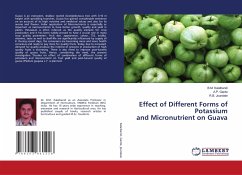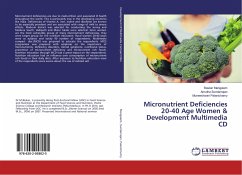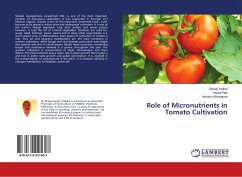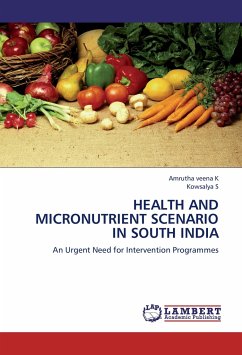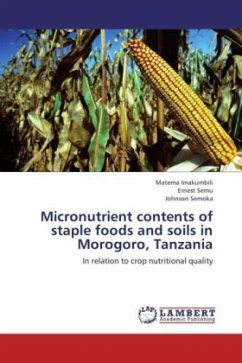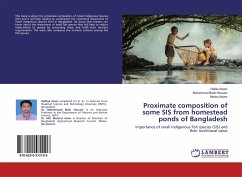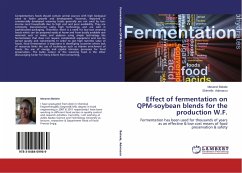
Effect of fermentation on QPM-soybean blends for the production W.F.
Fermentation has been used for thousands of years as an effective & low cost means of food preservation & safety
Versandkostenfrei!
Versandfertig in 6-10 Tagen
47,99 €
inkl. MwSt.

PAYBACK Punkte
24 °P sammeln!
Complementary foods should contain animal sources with high biological value to foster growth and development. However, imported or commercially developed weaning foods generally are not used by low-income rural households due to high cost and poor availability. They are commonly manufactured using high technology and are sold in sophisticated packaging. Therefore, there is a need for low-cost weaning foods which can be prepared easily at home and from locally available raw materials such as maize and soybean using simple technology like fermentation that does not require complicated equipment...
Complementary foods should contain animal sources with high biological value to foster growth and development. However, imported or commercially developed weaning foods generally are not used by low-income rural households due to high cost and poor availability. They are commonly manufactured using high technology and are sold in sophisticated packaging. Therefore, there is a need for low-cost weaning foods which can be prepared easily at home and from locally available raw materials such as maize and soybean using simple technology like fermentation that does not require complicated equipment and can be served quickly and conveniently. In order to get high nutritive value of foods, food fermentation is important in developing countries where lack of resources limits the use of techniques such as vitamin enrichment of foods, the use of energy and capital intensive processes for food preservation. The bulky nature of the weaning food is the other discouraging factor for many infants from consuming.




